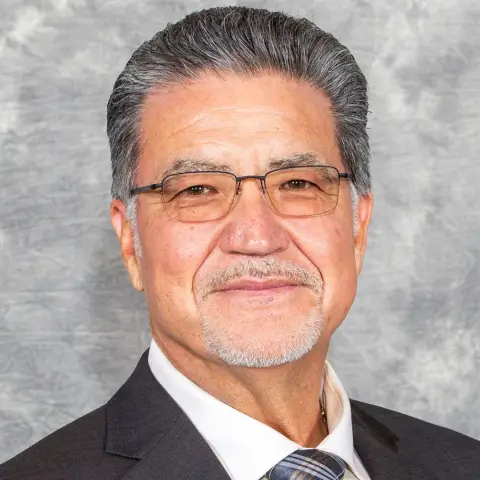Decarbonizing Our Communities
CTWI advocates for labor policies that create local, high-road construction careers
As a co-leader of the Bay Area High Road Training Partnership (HRTP), CTWI has served as the voice of labor, contributing to the development of valuable resources to assist public agencies and municipalities in designing high road residential decarbonization programs.
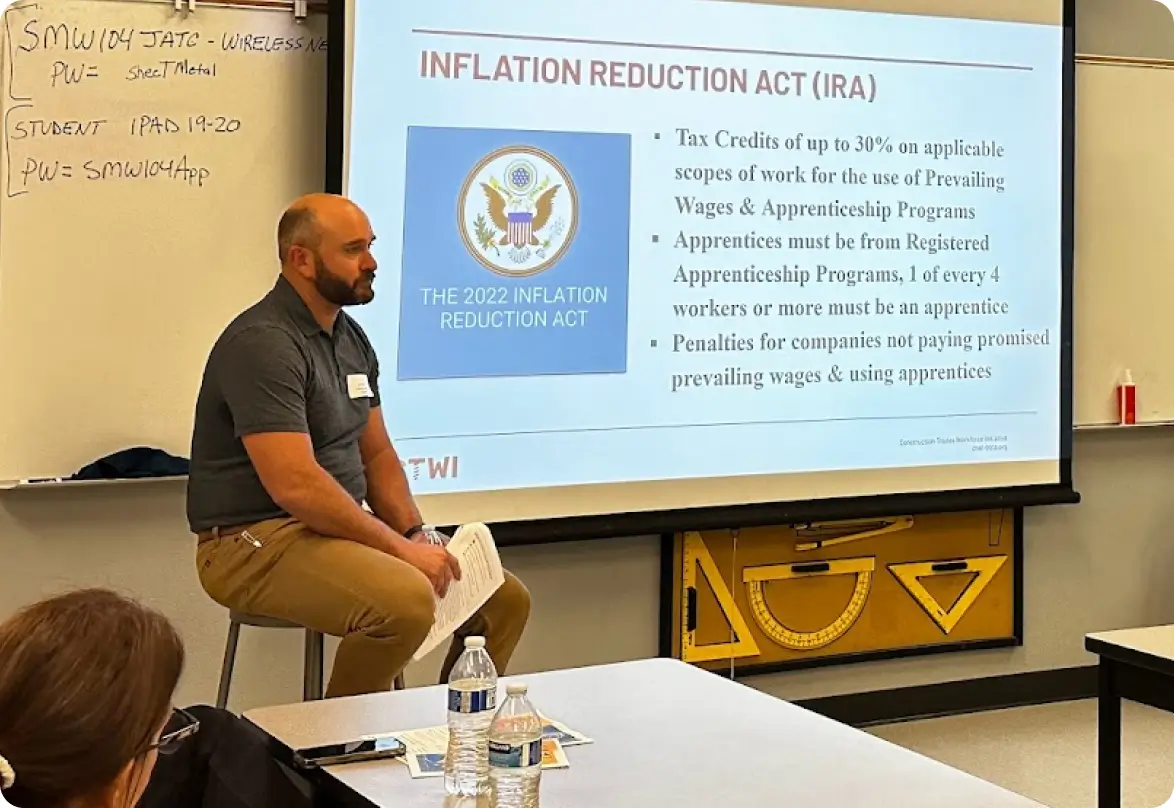
We partner with community-based organizations, environmental justice organizations, labor & workforce partners, and climate advocates & experts to advocate for pro-worker policies including labor standards.
The HRTP partnership includes over 20 official and listening partners. Official partners of the Bay Area Residential Building Decarbonization HRTP include:
- BayREN
- Bear Mechanical (Contractor Representative)
- City of Berkeley: Office of Energy and Sustainable Development, Planning and Development Department
- City of San Francisco: Environment Department
- Construction Trades Workforce Initiative
- Emerald Cities Collaborative
- Enso Building Solutions (Contractor Representative)
- Greenlining Institute
- KelAire Heating & Cooling (Contractor Representative)
- Nomada Coaching and Consulting
- Revalue.io
- Rising Sun Center for Opportunity
- Sheet Metal Workers’ Worker Representative
- StopWaste
- West Coast Green Builders LLC (Contractor Representative)
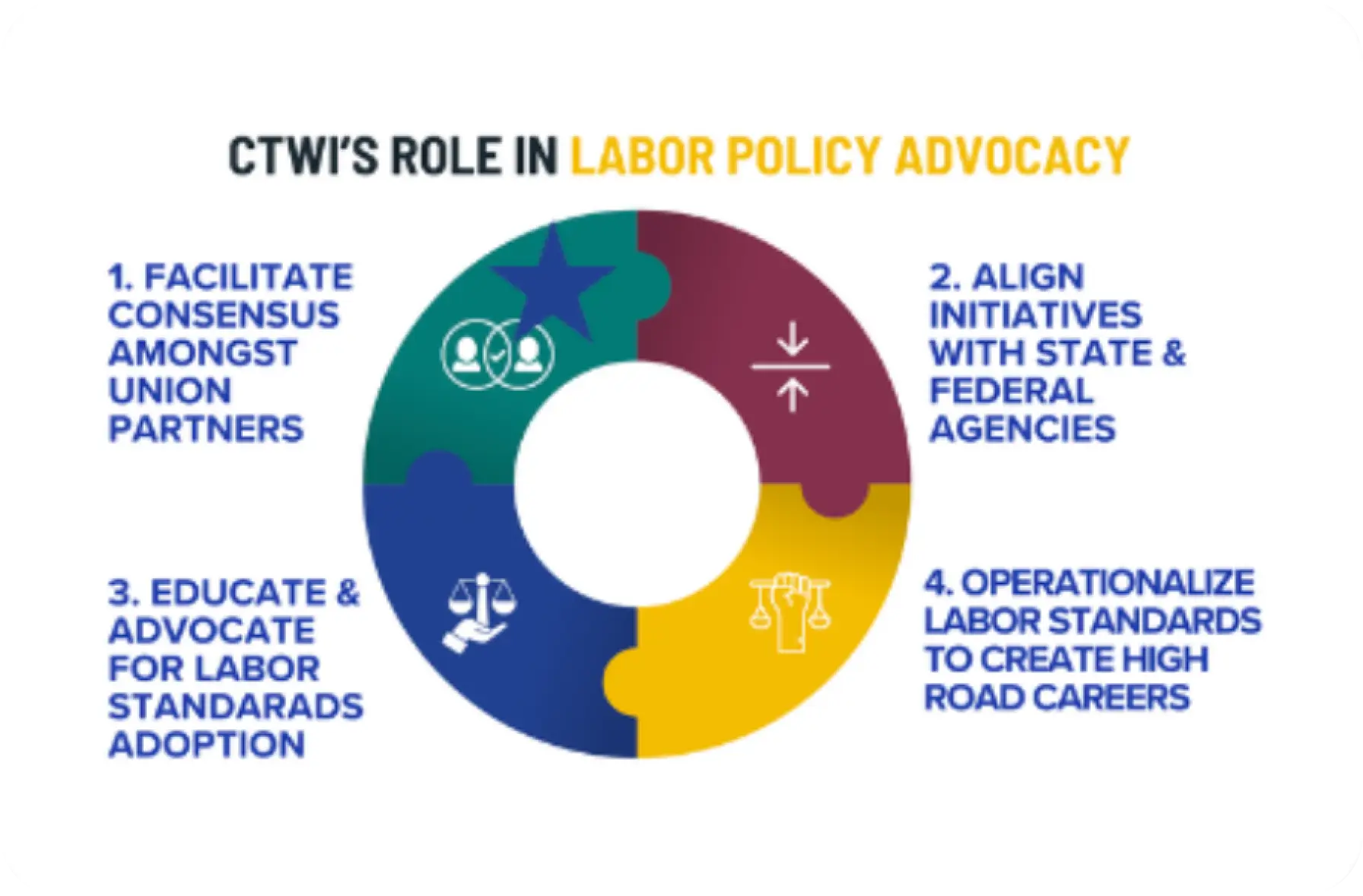
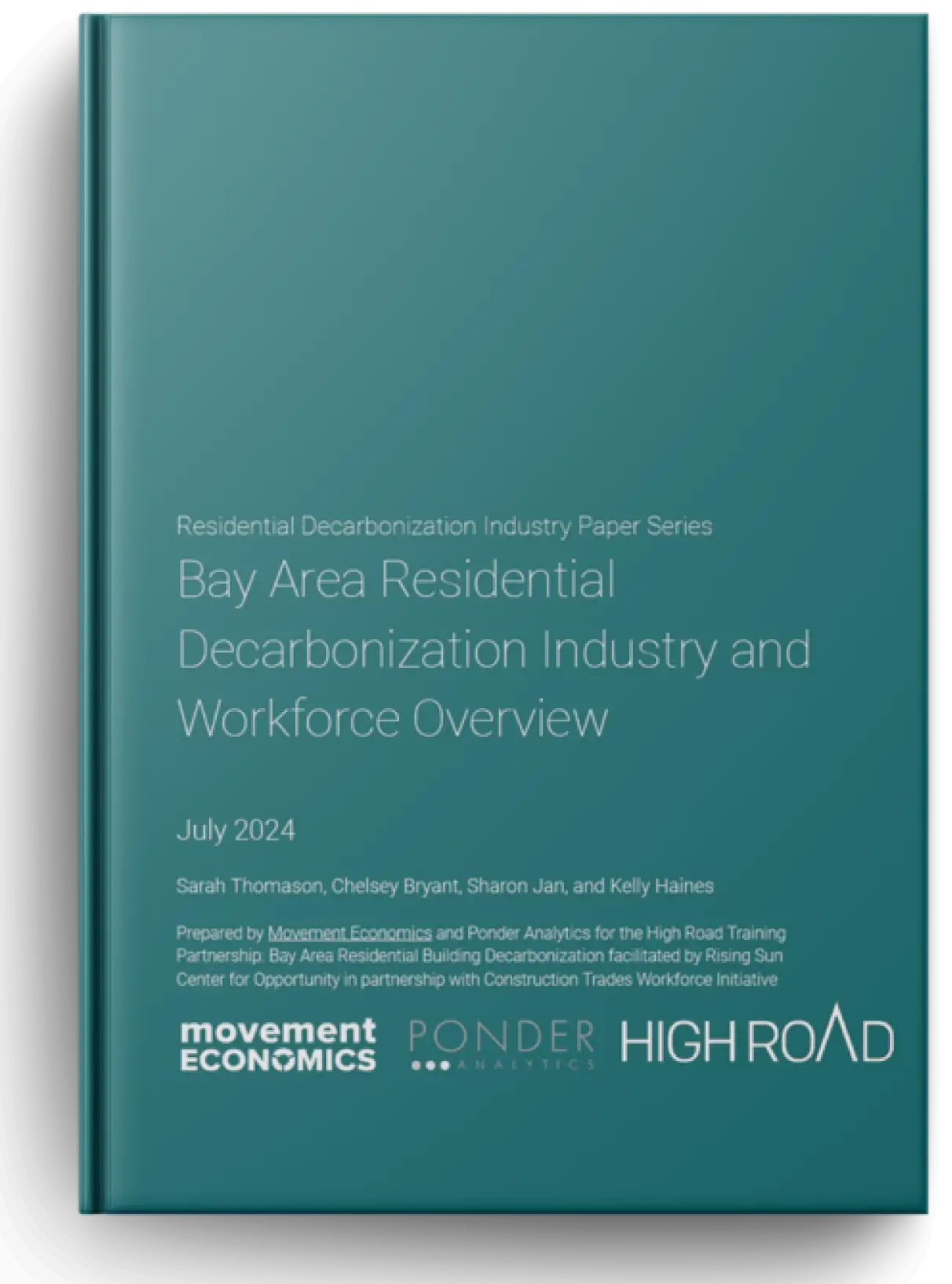
Industry Analysis
Bay Area Residential Decarbonization Industry and Workforce Overview
As California strives to reduce the impacts of climate change, decarbonizing the state’s building stock is a priority.
The following Industry Analysis provides an overview of the landscape of public investment, workers, and firms in the Bay Area (Alameda, Contra Costa, Marin, Napa, San Francisco, San Mateo, Santa Clara, Solano, and Sonoma counties), based on the results of our industry study.
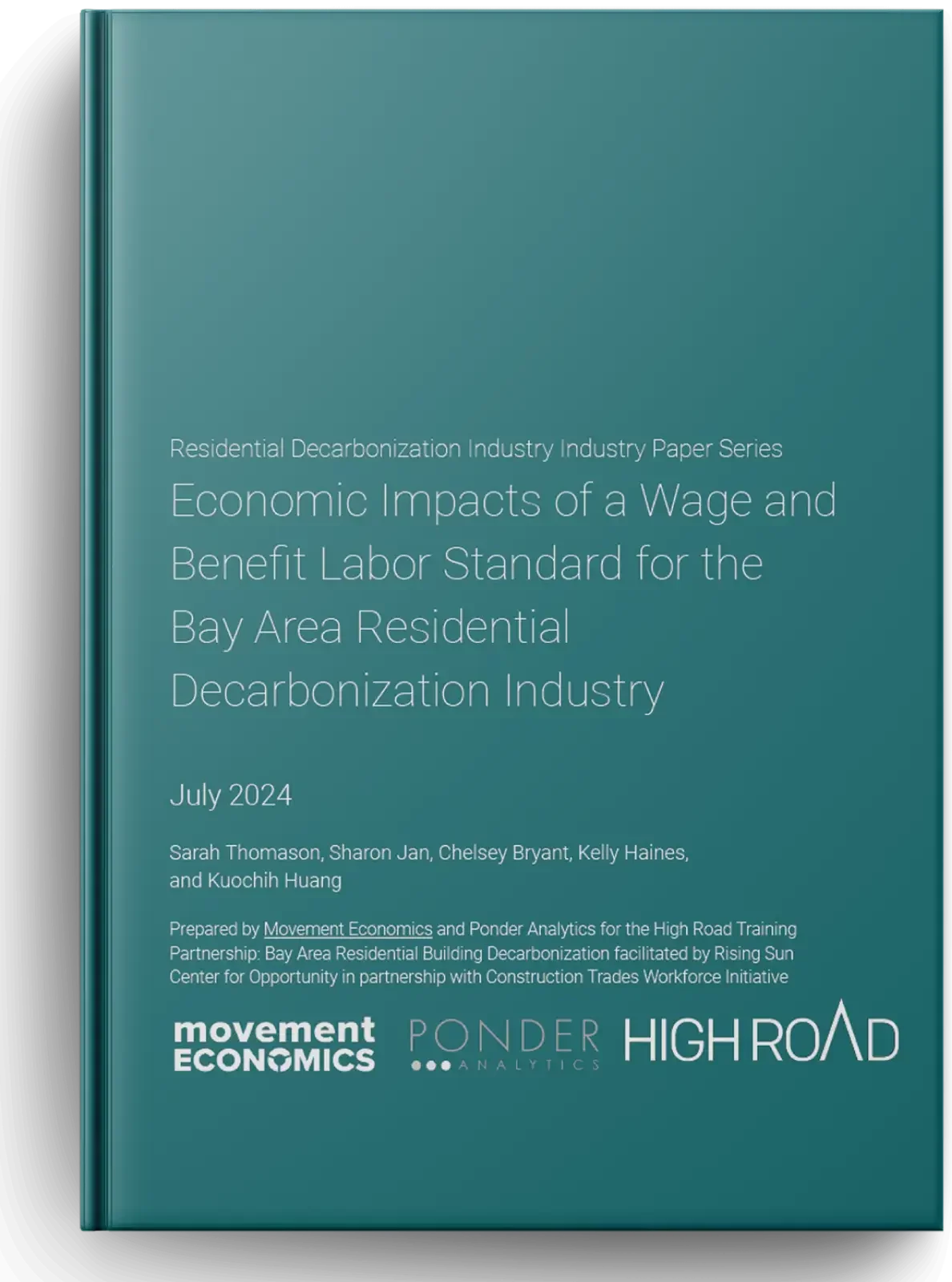
Economic Impact Assessment
Economic Impacts of a Wage and Benefit Labor Standard for the Bay Area Residential Decarbonization Industry
The federal government and the state of California have made historic large-scale investments to encourage homeowners to retrofit their homes. Creating labor standards to mandate wage floors and benefits levels in the industry can ensure that residential decarbonization investments improve job quality rather than reinforcing labor practices that undermine workers’ well-being. This paper explores the potential economic impacts of adopting labor standards for the residential decarbonization industry in the nine-county Bay Area.

